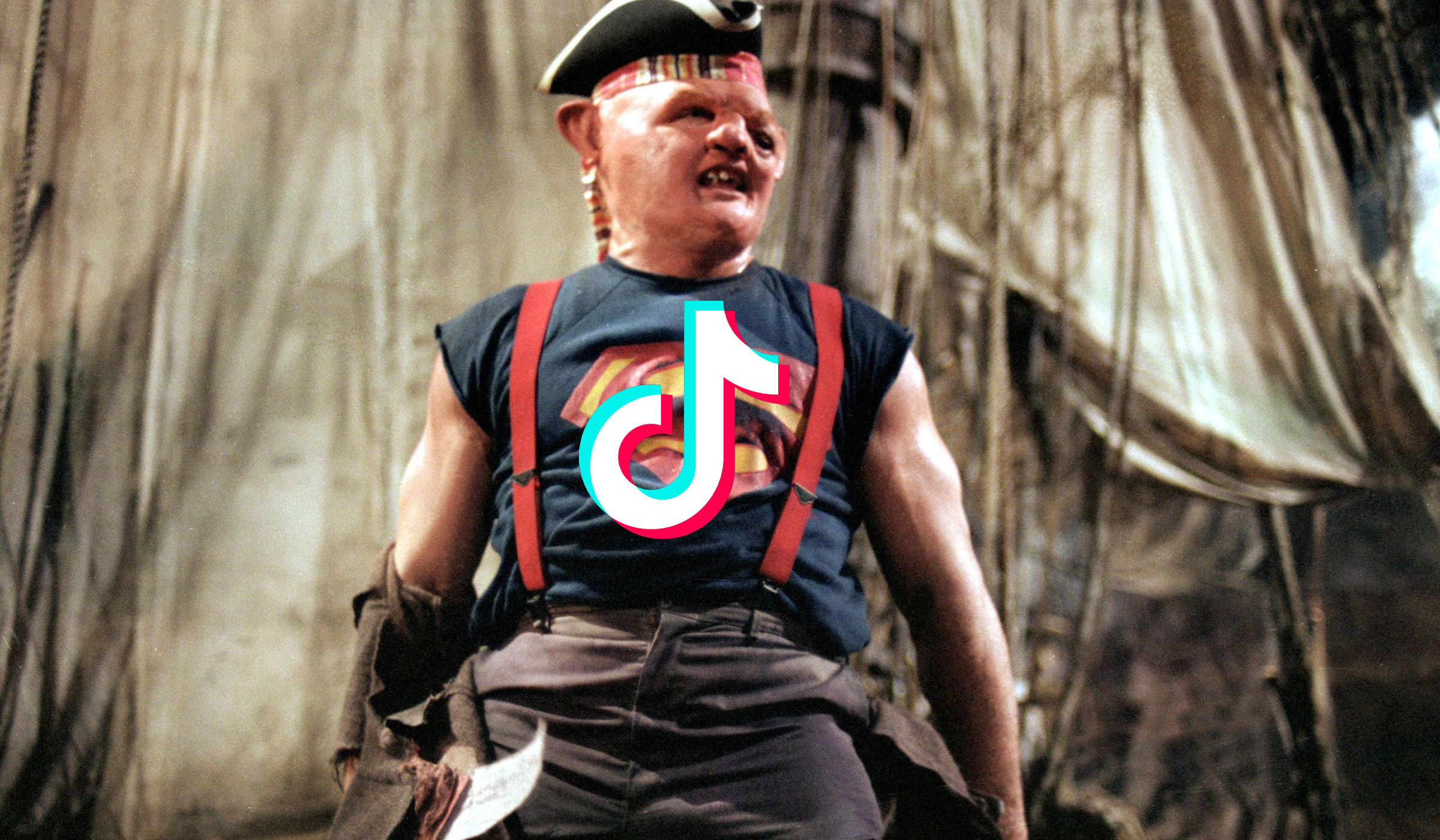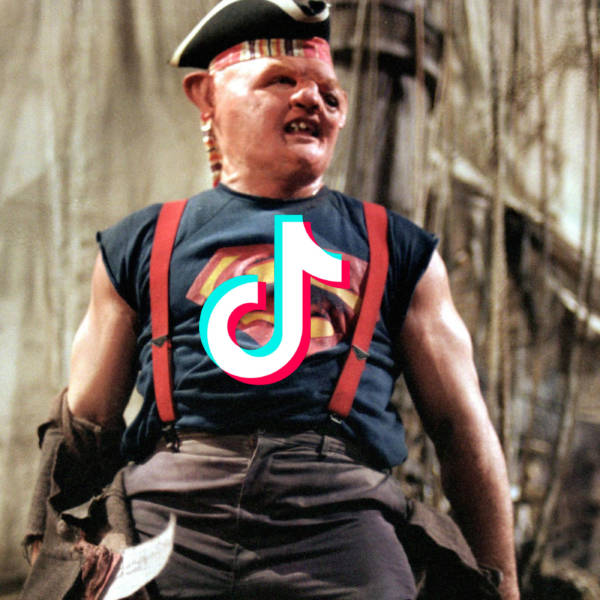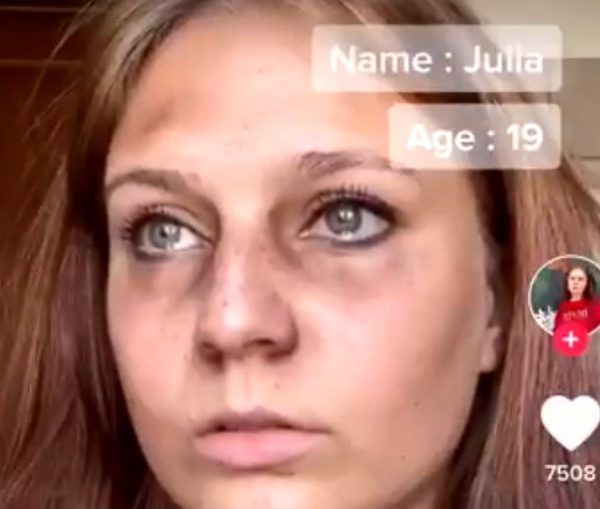TikTok Doesn’t Want Uggos, Fatties or Poors, Internal Docs Show

Have you ever noticed that everyone on TikTok is really hot?
@neekolul Like to trigger the BOOMERS #bernie2020
Seriously, how hot is the “Okay, Boomer” girl?
In fact, pretty much all TikToks are either hot girls doing stupid dances, hot girls pointing to on-screen captions or cute animals.
@tcole1994
It turns out there’s a reason for that.
A new article by The Intercept shows that TikTok intentionally promotes attractive users and suppresses videos of people deemed too ugly, too fat or too poor.
Today, The Intercept and The Intercept Brasil are publishing two internal TikTok moderation documents, recreated with only minor redactions, below. One lays out bans for ideologically undesirable content in livestreams, and another describes algorithmic punishments for unattractive and impoverished users. The documents appear to have been originally drafted in Chinese and later — at times awkwardly — translated into English for use in TikTok’s global offices.
They also note that TikTok says that these policies are outdated, but the sources The Intercept talked to say they were in place in late 2019.
TikTok spokesperson Josh Gartner told The Intercept that “most of” the livestream guidelines reviewed by The Intercept “are either no longer in use, or in some cases appear to never have been in place,” but would not provide specifics. Regarding the policy of suppressing videos featuring unattractive, disabled, or poor users, Gartner stated that the rules “represented an early blunt attempt at preventing bullying, but are no longer in place, and were already out of use when The Intercept obtained them.”
Sources indicated that both sets of policies were in use through at least late 2019 and that the livestream policy document was created in 2019. Gartner would not explain why a document purportedly aimed at “preventing bullying” would make zero mention of bullying, nor why it offers an explicit justification of attracting users, not protecting them.
The guidelines themselves are interesting, basically saying it’ll attract more new users to the platform if it appears the people using it are rich and attractive, which I guess makes sense if TikTok were a dating site.
Because TikTok is a Chinese company, they also have a whole set of guidelines for not criticizing the Chinese government, which… get used to that, the rest of the Internet.
Luckily, sexism is still cool.
And hilarious.


